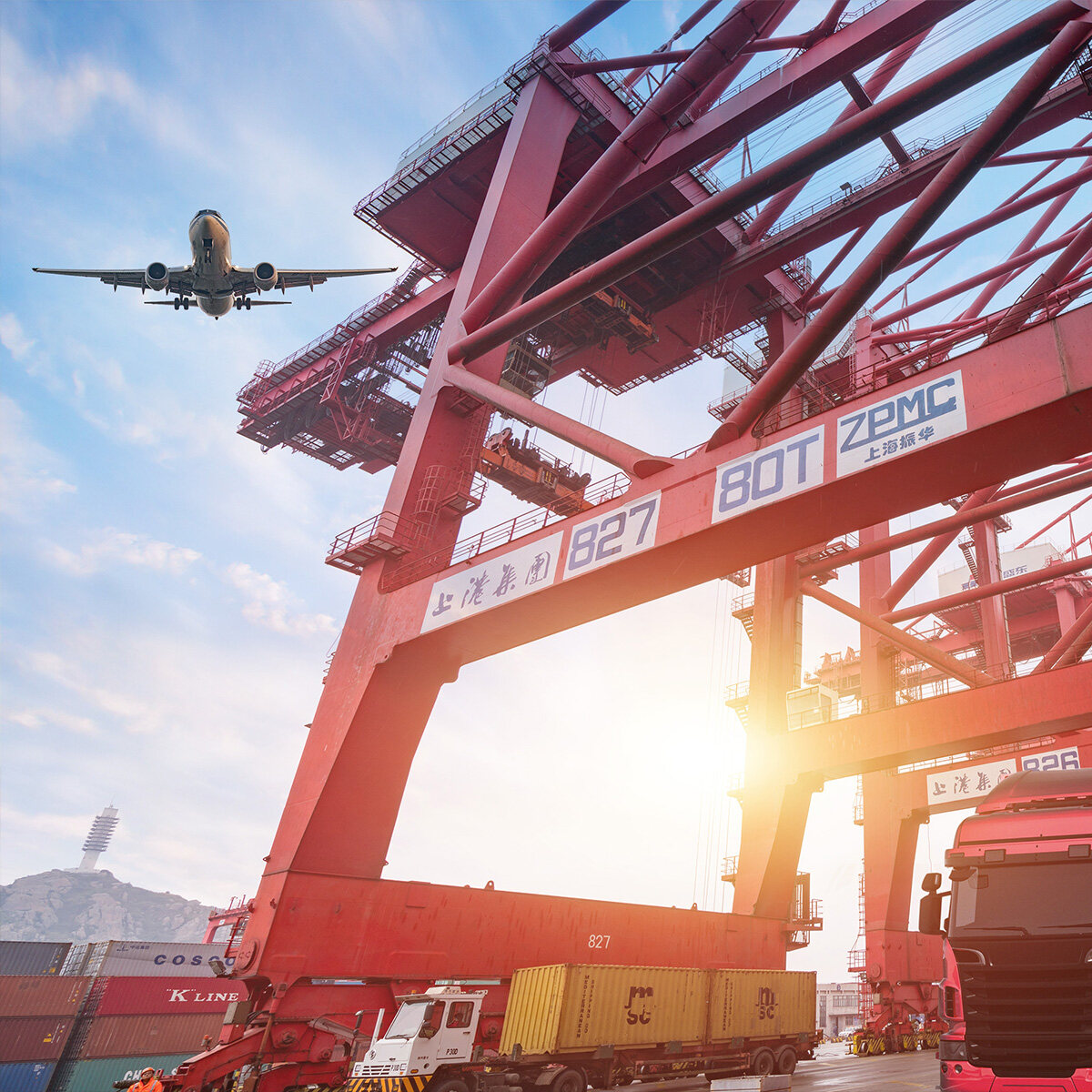Email format error
Email cannot be empty
Email already exists
6-20 characters(letters plus numbers only)
The password is inconsistent
Email format error
Email cannot be empty
Email does not exist
6-20 characters(letters plus numbers only)
The password is inconsistent


Differences Between E-commerce Cross-border Logistics and Traditional International Logistics
Ⅰ. About the cross-border logistics
Cross border logistics refers to the planning, implementation and control management process of the effective flow and storage of physical objects and information at both ends of the customs boundaries. Combine the concept and characteristic of e-commerce cross-border and logistics, the e-commerce cross-border logistics is defined as a logistics activity which relying on the Internet, big data, informatization, computers and other advanced technologies to make the goods flow from e-commerce cross-border enterprises to cross-border consumers across the different countries or regions under the e-commerce circumstance.
Ⅱ. Differences between cross-border logistics and international logistics
Cross border logistics refers to deliver the goods from one country to another country or region through transportation like rail rack freight, air freight and sea freight to achieve the ultimate goal of completing international commodity transactions. International logistics is the "Goods distribution" which refers to cross the border and expand the circulation range. International logistics is an international trade activities which to achieve the physical movement of the goods between two or more than two international (or region). Cross border logistics is another way to call international logistics, there is no big difference between two of them essentially.
Ⅲ. Differences between e-commerce cross-border logistics and traditional international logistics
E-commerce cross-border logistics refers to a new type of international business activity for the different trading partners in different countries or regions conduct a transaction through e-commerce platforms to complete the payment and settlement, and it will deliver the goods to buyers through international logistics, thereby to achieve cross-border retail transactions. Briefly speaking, the e-commerce cross border logistics is the spatial extension of local e-commerce in different areas. The transactions between different areas become the transactions between different countries and regions in the world. Therefore, the most significant difference between cross-border e-commerce and local e-commerce is that the e-commerce cross border logistics involves customs clearance and sales in destination countries.
E-commerce cross-border logistics compared with the traditional international logistics, e-commerce cross-border logistics is a proactive service which integrating products, logistics, information flow and capital flow together. It requires higher agility and flexibility, emphasizing its integration and globalization, furthermore, e-commerce cross-border logistics more focus on IT systematization and information intelligentialize. Logistics service usually will affect the entire shopping process and experience of consumers, e-commerce cross-border logistics can provide the consumers with more value-added services in addition to complete the movement activity of the goods.
In general, there are differences in many aspects between e-commerce cross-border and international logistics such as development origin, characteristics, business model, coverage, operation process, standardization level, delivery cycle, operation cost, operation risk, information technology and so on.

